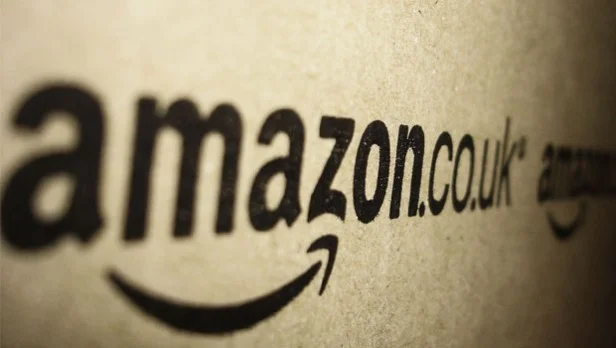LONDON (Parliament Politics Magazine) – Amazon’s plans to expand into the UK are being put on hold. The company wants to open more stores in the UK, but despite the success of its US operations, UK shoppers have remained wary of spending money on non-essentials. So the company has put its expansion plans on hold and will reconsider in one year. In the meantime, the company has introduced a new concept called Amazon Fresh / Go, which allows shoppers to purchase products without a cashier. All they need to do is sign in with their Amazon account at the store entrance, put their purchases in a basket, and the system will charge their purchases as they exit.
Price-matching
A new initiative is allowing Amazon to price-match Tesco prices in UK stores. This is a first for the online giant. The scheme will cover meat, fish and produce from both retailers. Amazon has a growing grocery business in the UK, under the banner of Amazon Fresh. The company has 19 stores and offers delivery in cities such as London, Leeds, Liverpool and Manchester.
To start the process of price-matching at Amazon, the first thing you need to do is log into your account on the site and then click on “Your Orders”. Click on a product and then click on “Price Matching”. Once you’ve entered the price, you’ll be prompted to fill out a form. You’ll need to enter the price and URL of the product you’re trying to match, and then click submit.
White label licensing
Amazon is expanding its private label brands in Europe. The company now offers licensing opportunities for EONO, UMI, and other brands. These brands are sold by over 60 official licensed seller partners across several categories, including home, sports, luggage, and automotive products. Amazon will consider your product for licensing if it meets their social responsibility and quality standards. The company will also consider the discoverability of your products.
There are many benefits of white labeling products. The first is the increased profit margins. You’ll earn a higher profit and lower cost by selling a product that other companies create. You’ll also save time and money by not having to research a new market. You can also focus your energy on developing your product line without worrying about competition.
Number of stores
Several reports claim that Amazon is planning to open up physical department stores across the UK and US, although the company has not officially confirmed this. However, the company has said that it expects to open about 60 stores this year, and another 100 by 2023. Amazon also expects to open supermarkets across Europe in the near future. Last month, Amazon opened its first mini department store outside the US, in Kent, England. It sells best-selling books and other items such as toys, gadgets, and homewares.
Amazon is planning to open at least 30 physical stores in the UK. One of the stores will be Amazon Go, a cashier-free store that lets customers walk out with their purchases. The company will have one of these stores in London’s Covent Garden. It will be a chain of stores, with each one ranging in size from 1,200 to 2,700 square feet. The stores will be staffed by Amazon employees. The company also has a chain of 530 Whole Foods Market specialty supermarkets. It also has 24 Amazon Books stores and 29 Amazon 4-Star outlets. There are also seven Presented by Amazon pop-up stores.
Impact of regulation on store estate
Several bills in Congress are targeting Amazon’s alleged anti-competitive practices. These bills would ban Amazon from requiring sellers to buy other Amazon products, from using their sales data to promote Amazon-branded products, and from controlling their prices. They would also prevent the company from promoting independent third-party sellers. If these bills pass, some jobs at Amazon could be put at risk.
Forrester predicts that if these new rules are implemented, sales on online marketplaces will decline by as much as 5 to 6 percent. The impact on Amazon’s store estate will vary depending on the type of regulation imposed and how well companies negotiate with policymakers. In the meantime, the government has denied requests from Flipkart and Amazon to defer implementation of the rules.

